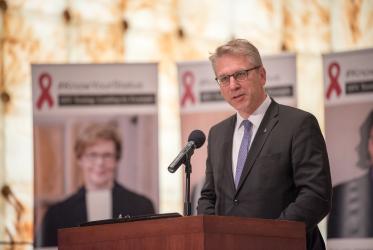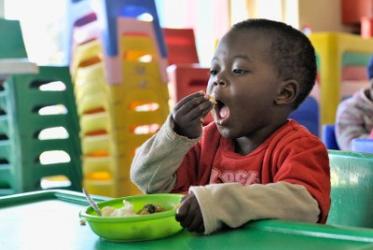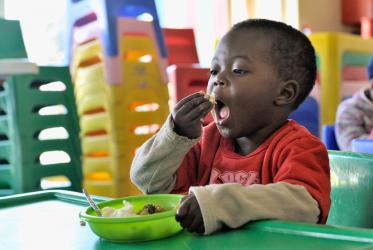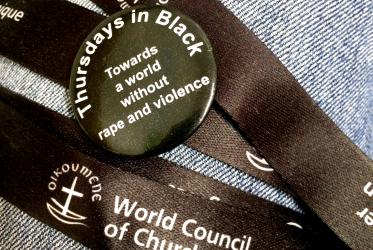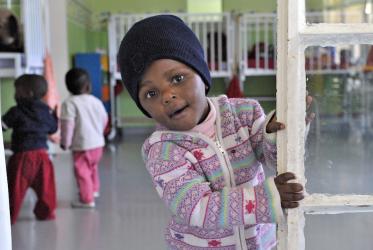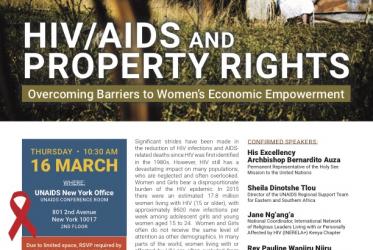Displaying 81 - 100 of 159
13 September 2017
“It will take faith to get down to business, to overcome HIV and AIDS”
13 September 2017
UN discussion focuses on women, HIV and property rights
21 March 2017
HIV and AIDS and Property Rights - Overcoming Barriers to Women's Economic Empowerment
16 March 2017
UNAIDS New York Office
Plans for 2017 decided by WCC Executive Committee
01 December 2016
Lead by example: get HIV tested
30 November 2016
Zambia: “On HIV, we do not compete. We work together.”
20 October 2016
Kenya: Voice of faith communities crucial in overcoming HIV
14 October 2016

